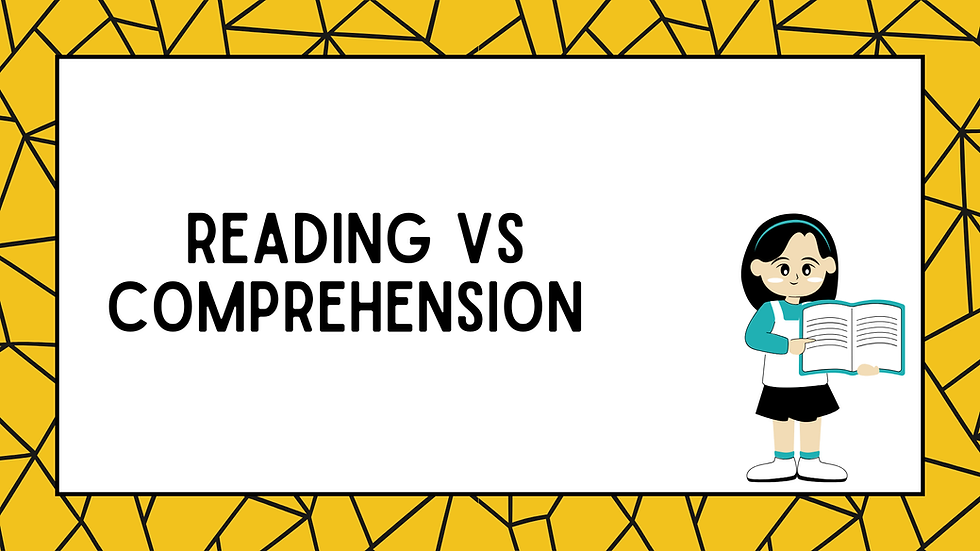How to check your child's homework
- Ed Grande Tuition
- Oct 19, 2023
- 2 min read
Every evening in the Smith household, a familiar scene unfolded. Dinner was served, laughter was shared, and the children, Lily and Max, would excitedly dive into their homework assignments. It was a routine that had become a cherished part of their family life.
One evening, as Max diligently tackled his math problems, he grew puzzled. Something didn't add up—literally. Frowning, he erased his work and started again, but the confusion persisted. That's when his father, David, stepped in.
With an encouraging smile, David sat beside Max and asked, "What's challenging you, champ?" Max hesitated but then explained the problem he couldn't quite solve.

David, though not a math whiz himself, engaged with Max, offering support and suggestions. Together, they figured out the solution, and a sense of accomplishment filled Max's eyes. In that moment, homework became more than just an assignment; it became an opportunity for connection, learning, and growth.
Homework is a crucial part of a student's learning journey and we have emphasized that in one of our blog posts where we talked about Helping your child with their homework.
As a parent, you may check your children’s homework for a variety of reasons. One reason is to ensure that your child has completed the assigned work and understands the topic. It can also be a way for you to stay involved in your child’s education and to support your child’s learning.
In checking your child’s homework, the first thing you need to do is to establish a homework routine. You can create a designated time and space for homework regularly because consistency is key. This would help your child develop a routine and signal that homework is a priority. It also makes it easier for you to check their work regularly.
After establishing a homework routine, ensure you always show up. Be available for questions or clarifications your child might have during their homework schedule but do not be overbearing. You can encourage your child to complete their homework independently, so they feel confident in their abilities. Ensure they also feel comfortable asking for help.
Create a distraction-free zone when it’s time for them to do their homework. You can ensure the TV is off, phones and gadgets are on silent, and the environment is conducive for studying and brainstorming. This can rapidly impact you and your child’s concentration.
Once they are done working on their assignments on their own, you can step in and check for completion and errors. You can start by reviewing if the homework is complete and if your child has followed instructions and completed each task.
Then you can check for spelling mistakes, grammatical errors, and mathematical inaccuracies. If there are mistakes, you can discuss them with your child to understand if they need help in specific areas.
Lastly, recognise and praise your child’s efforts because positive reinforcement can boost their confidence and motivation.
Helping your child with their homework is an important responsibility as a parent and as such, we are always here to assist you when the need arises.
We are dedicated to supporting you in helping your child at home, and we are committed to helping your child build positive learning habits. Find out how we can support you and your child today.




